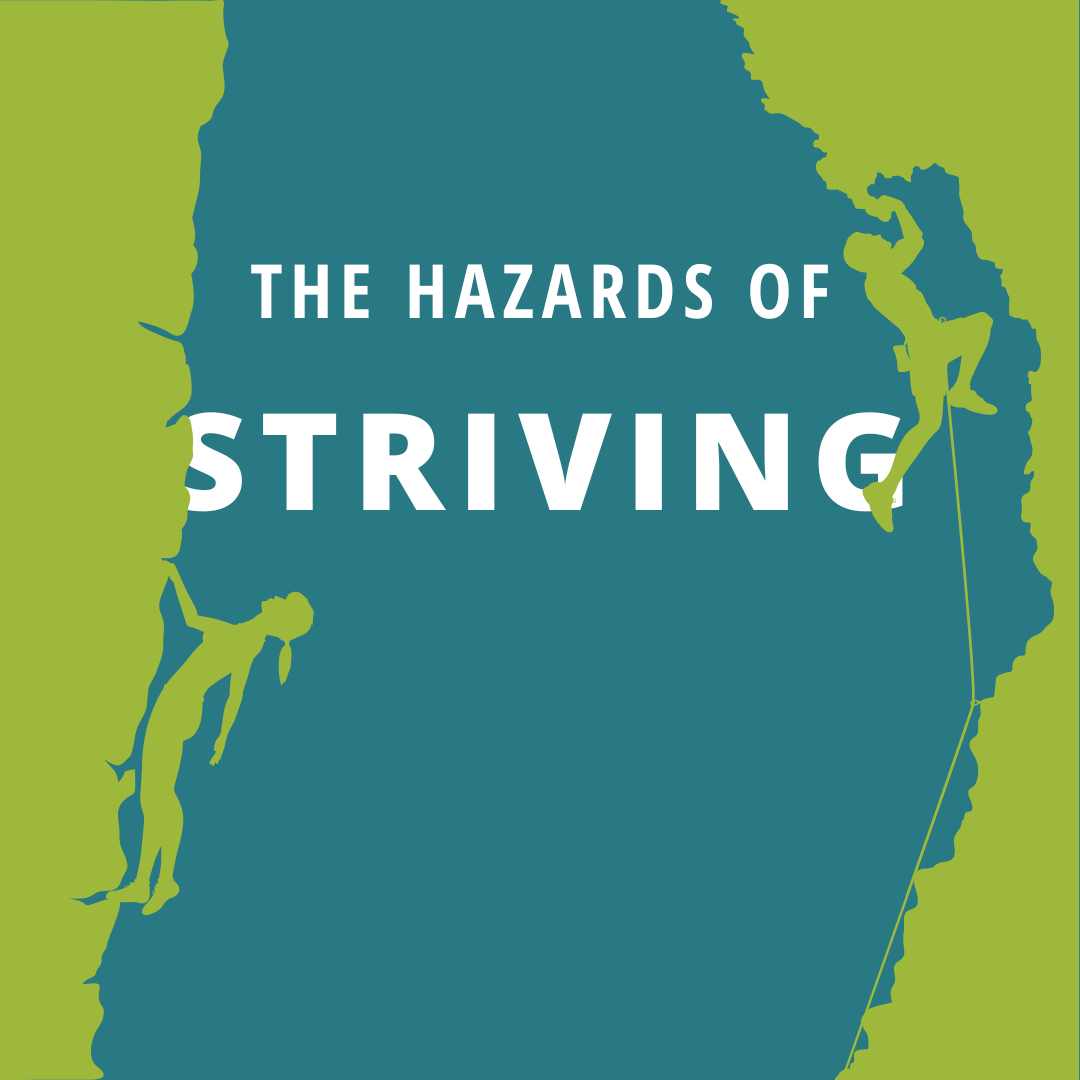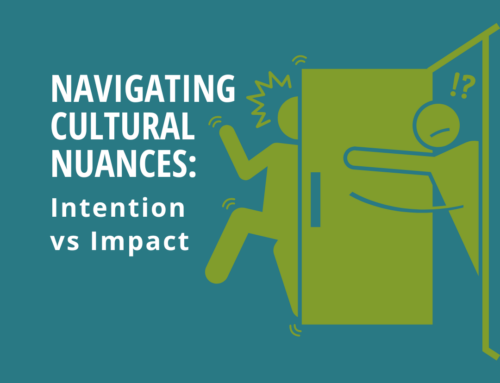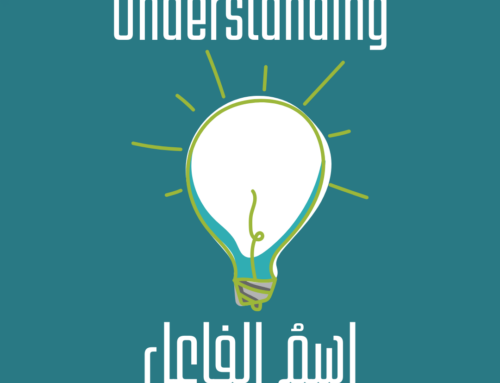Moving towards something without the pressure to get there is actually really good for us.
We sometimes think of adrenaline or anxiety as forces that push us to reach new heights, and sometimes I suppose they can be. However, maintaining positive emotions and regulating negative ones is key to developing habits that can be sustained.
Imagine each time you go to the gym you overwork yourself. Say you’ve got a trainer who pushes you so hard that you are not enjoying it at all. They give you tons of moves you hate. You’re really sore and depleted afterwards and maybe feel like, “I cannot do that again,” or, “I am not looking forward to that, it’s too much.” When you have those experiences, every time you think of exercise, your stomach turns and you feel a sense of dread.
Learning Arabic can become exactly that if we are doing the wrong things, like forcing ourselves to memorize a story instead of just relaxing into becoming more and more familiar with how Arabic is being used in the story and trusting that exposure and repetition will help us learn.
Review and repeat the Arabic you are learning, but, like exercise, do it in such a way that you still feel good afterward.
Don’t hurt yourself. Just like wanting to drive back to the gym is essential to developing a habit that will stick, wanting to come back is the key.
Learning Arabic is similar. Stress in learning is often the factor that leads to many people to stop their Arabic progress.
How you are learning, your negative self-talk throughout the process, your expectations about what you think you should be capable of day-to-day… these are the things that frequently lead to burn out for well-meaning, dedicated Arabic learners.
Learning Arabic While Boosting Positive Emotions
How do you maintain positive emotions and regulate your negative ones as you are learning Arabic?
1. Talk to someone who has been doing this longer than you.
What do they wish they had done differently?
Do they reflect and think they should have put more pressure on themselves or less?
Do they see how the process of learning works and, in hindsight, wish they would have relaxed into that process more and let their brains absorb without unnecessary striving?
2. Check with your language learning coach.
What do they expect of you at this level?
Do your goals for yourself match theirs?
Are your self expectations realistic for how long you’ve been learning Arabic or how many hours you’ve been investing?
3. Mix in Arabic activities you are comfortable with
Are you mixing in easy and basic language activities to remind yourself of the distance you’ve covered? This will help you get really good at saying the simple stuff.
Remember, your ability to speak will always remain one level behind what you can understand. You can’t speed that up. We just don’t have that superpower.
Good Arabic Goals
A good goal is one that makes you better than you were. Are you enjoying the language learning process?
Is the local Arabic speaker you are learning with enjoying you?
How are you representing your culture to your tutor?
Are you having fun?
If not, if this striving is making you a stressed person who isn’t any fun to be around, it might be time to reach out and get a little help on your journey.
After all, you’re doing this to be able to form good, healthy, solid relationships in this new language. Do your learning sessions reflect this? Are they an extension of that desire? Are you listening to truly know more about the person you are sitting with and their culture? Or are you striving gain knowledge to make you a better Arabic speaker at the expense of the relationship?
Whatever your motivations are, they are showing through.
More than a decade of coaching language learners has taught me this important lesson:
far more important than the words we use are the intentions we bring, the spirit or attitude with which we learn and our body language and actions as we show up.
An Educated Person is a Peacemaker
Singer-songwriter Angélique Kidjo’s father taught her that “an educated person is a peacemaker.”
I love that thought.
It’s one of the reasons I opened an Arabic learning center here in the Middle East. Languages are bridges toward unity. They give us the gift of proximity to human beings outside of our own culture and worldview. Learning a new language expands our capacity to love and feel and can be an amazing asset in the human experience.
As we learn a new language, are we deepening our education in the way Kidjo’s father speaks of it; as a path to peace? As we strive to learn Arabic, are we doing it in such a way that grows our ability to be links of connection, understanding and empathy?





